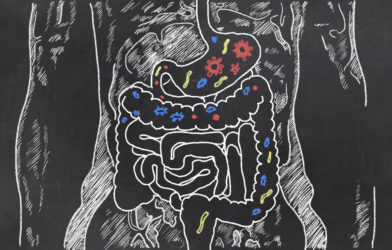
microbiome


Autism development influenced by changes in gut microbiomeApril 12, 2022

Gut microbiome plays key role in how babies experience fearApril 11, 2022

Intermittent fasting can lower blood pressure by reshaping a patient’s gutApril 8, 2022

Kissing your dog bad for gut health? Pets can pass antibiotic-resistant bacteria to ownersApril 6, 2022

Healthy gut diet: Eat these 6 foods to improve your microbiomeApril 6, 2022

Gut bacteria can prevent high blood pressure medicine from working, animal study showsApril 6, 2022

Gut bacteria passed on from Neanderthals are still keeping us healthy today, study findsApril 5, 2022

Living a long and healthy life hinges on what’s going on in your gut, scientists sayApril 5, 2022
